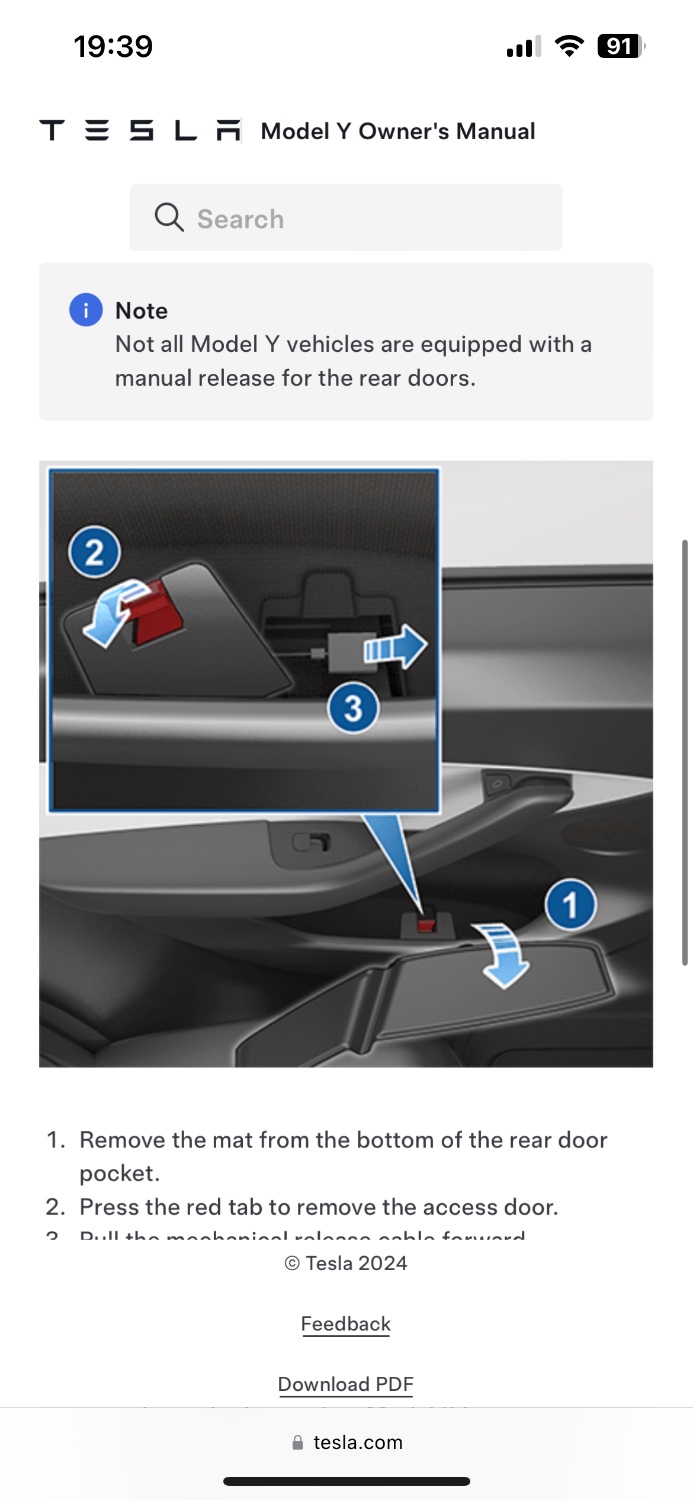

One assumes that a god would be able to formulate a standard that can be applied cleanly, to everything, and communicate that clearly to his prophet.
The issue wouldn’t be the god in question, but instead the people.
Consider the fact that Moses was given the Ten Commandments for all the Israelites to follow. They’re incredibly simple and straightforward. Yet there still was a division in how these were observed, which was documented well in the New Testament.
The two most notable (outlined in the New Testament) are the Pharisees and Sadducees. The Pharisees can be summarized as a group which added man-made rules or guidelines on top of the established doctrines. Certain stories, such as Christ healing a man on the Sabbath, demonstrate that the intention of a commandment can be forgotten by people who choose to observe by the letter of the law. The Sadducees can be summarized as a group which chose to observe only doctrines that are written. Both groups, however, largely ignored the foundation behind the 10 Commandments.
Christ explains it as simply as can be. Love the Lord above all else, and love they neighbor as you do yourself. The 10 Commandments were already straightforward to begin with, but the two greater commandments set the standard you suggest such a deity should be capable of doing.
Even still, as simple as they can be, the issue often becomes that some people want to be told what exactly they can or cannot do, while others want to justify their actions on the basis of technicality.
All of this to say, the doctrine for the LDS church is based on the idea of obedience towards God. It doesn’t matter why He says to not drink coffee, just that He promises you’ll be blessed if you do. So by virtue of the two greater commandments, loving God means following His instructions. And that alone should be reason enough to do so.
(Mind you, I disagree with how this is often put into practice, as a lot of guilt-tripping occurs for those who choose not to follow these teachings. At its core, these actions are antithetical to Christ’s teachings and examples, which are to love all unconditionally as we are all sinners in the eyes of the Lord. But again, the issue lies with people, who aren’t perfect, rather than the doctrines put forth.)








Oh most certainly. I attended BYU Provo and there was a lot of effort from students to allow the sale of caffeinated soda on campus, but the belief was that the university was holding out only because a large number of alumni might stop donating if it were to occur.
(This was more recent though.)
The culture amongst members can and often will have items that seem to go against or misinterpret official doctrine. I don’t disagree that the church would need to reiterate the doctrine to clear that up for people. What I personally don’t know is how often is appropriate for such corrections to take place. If you correct them too often they may choose to not seek out answers themselves but instead wait for a leader to explain it to them, which runs against the teaching of proactive scripture study.
Ok, I should stop there. Starting to nitpick human nature as though I’m any better (and we know that’s not fucking true in the slightest, lol)